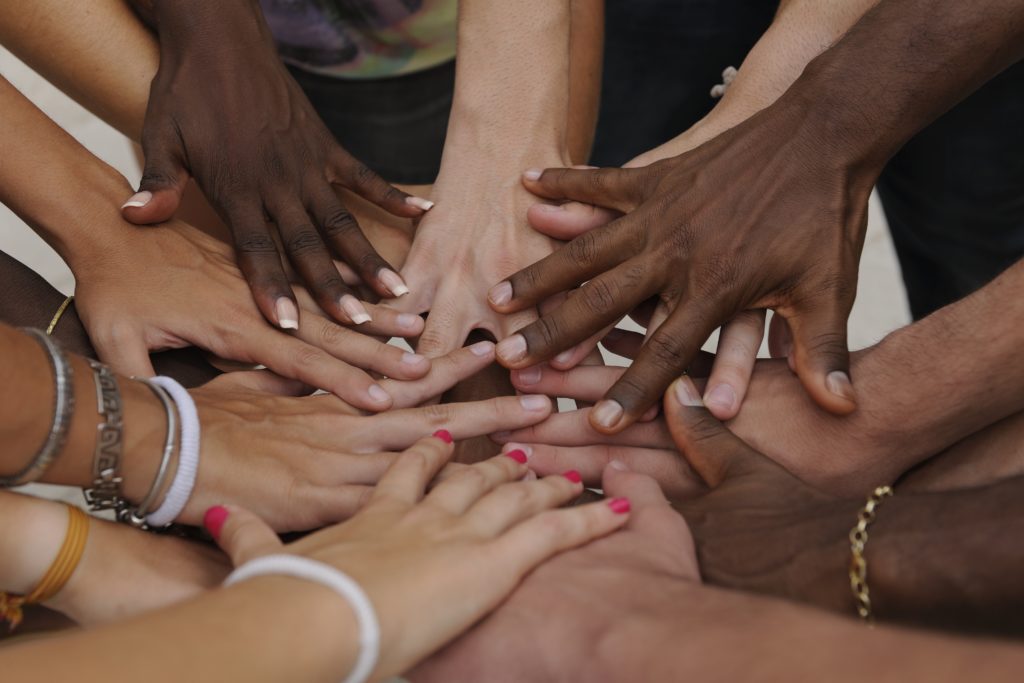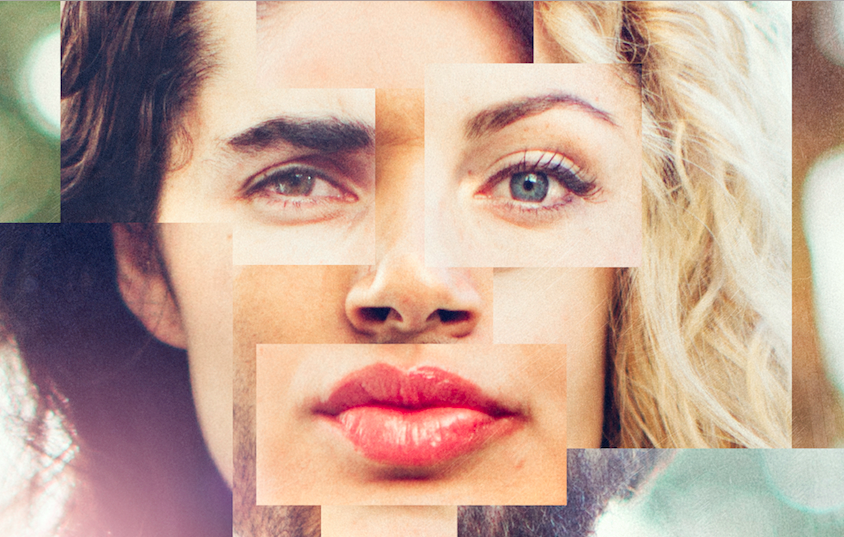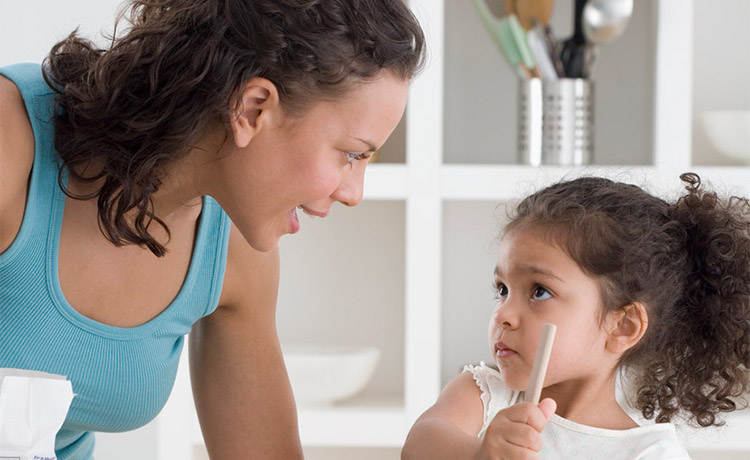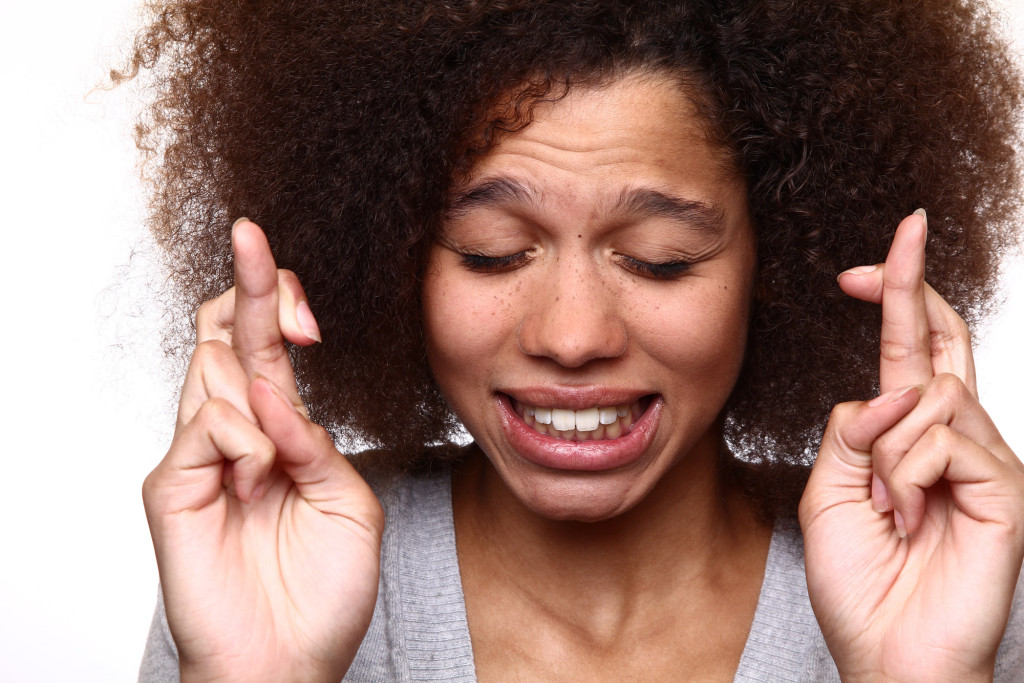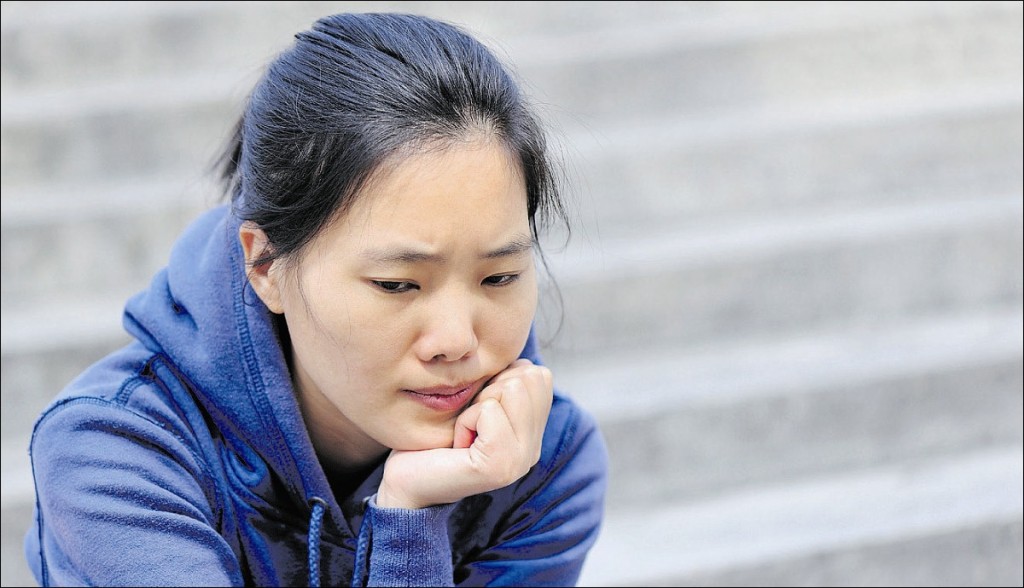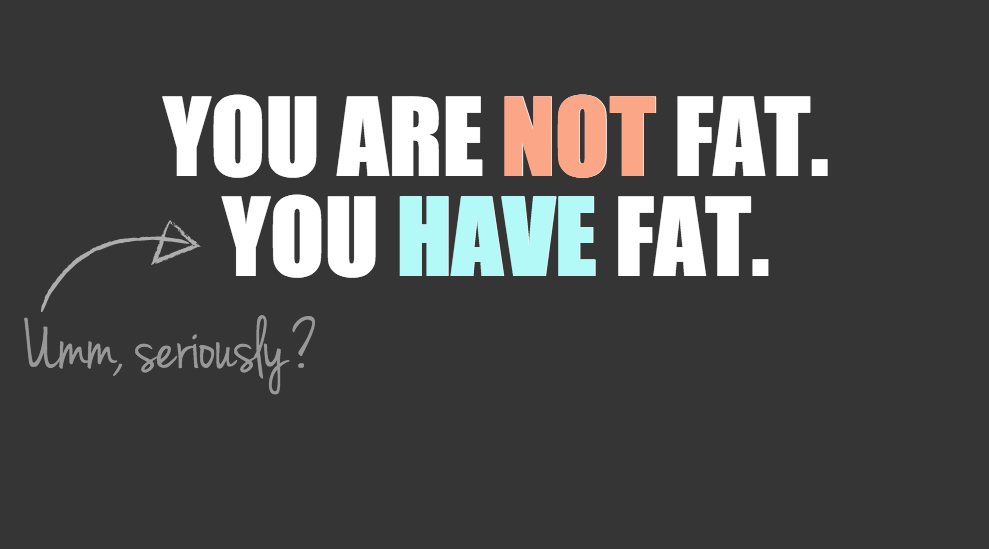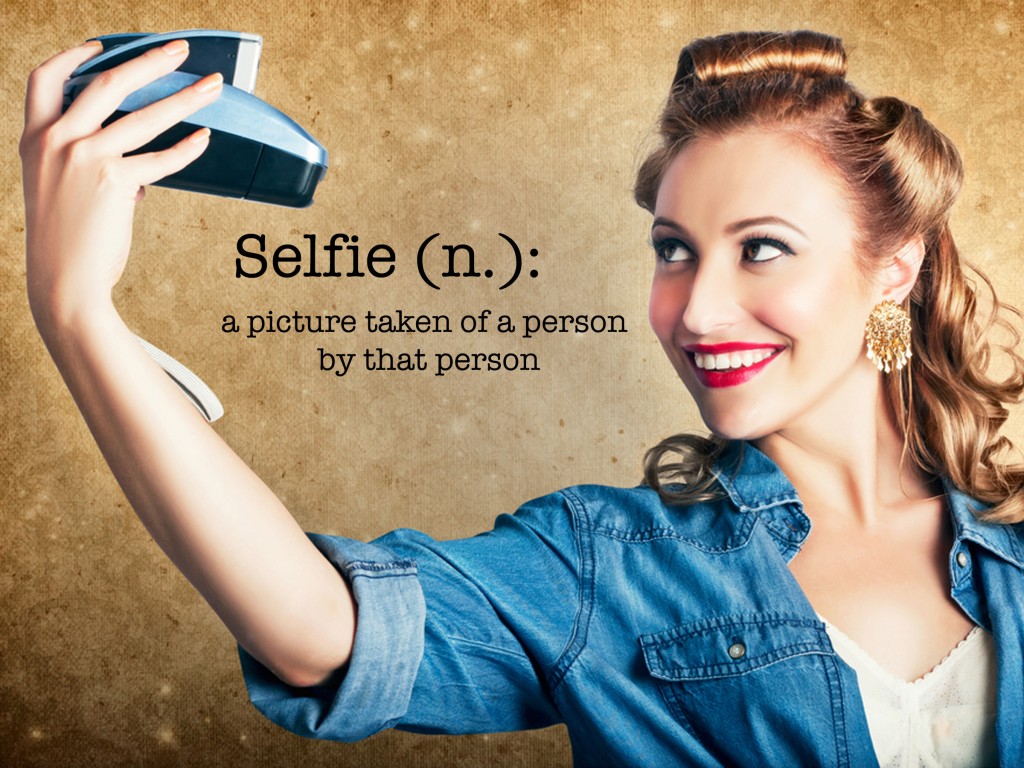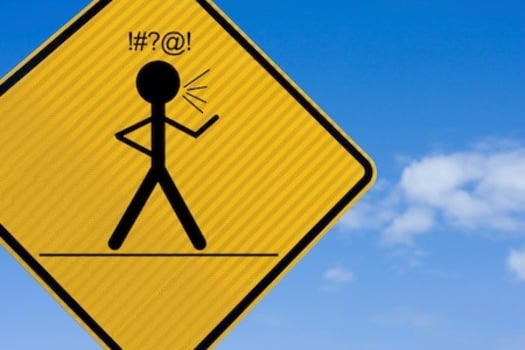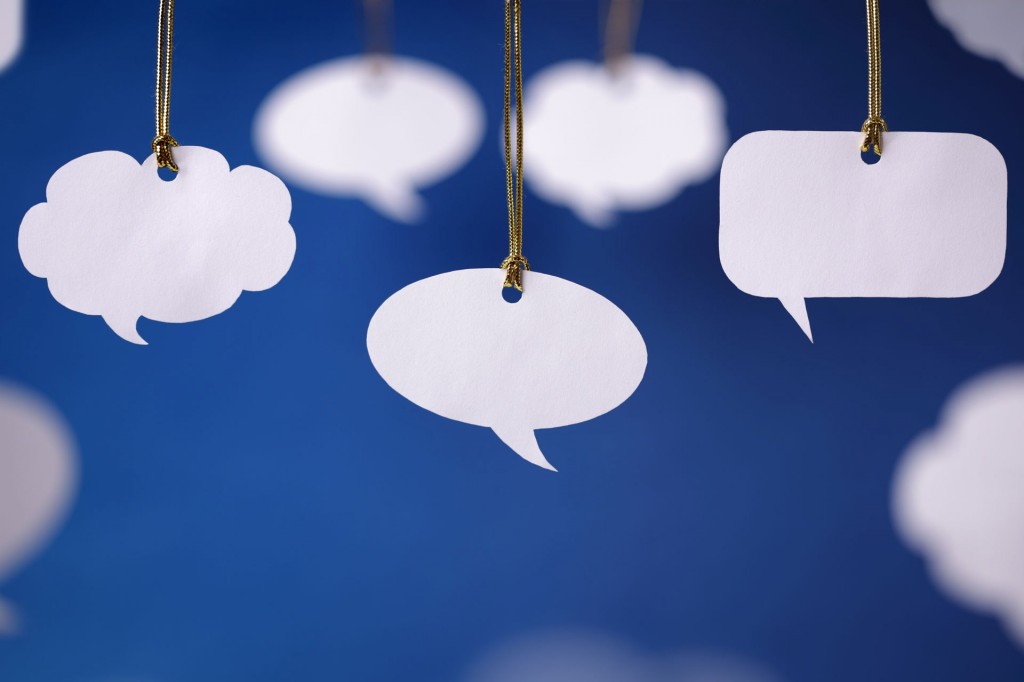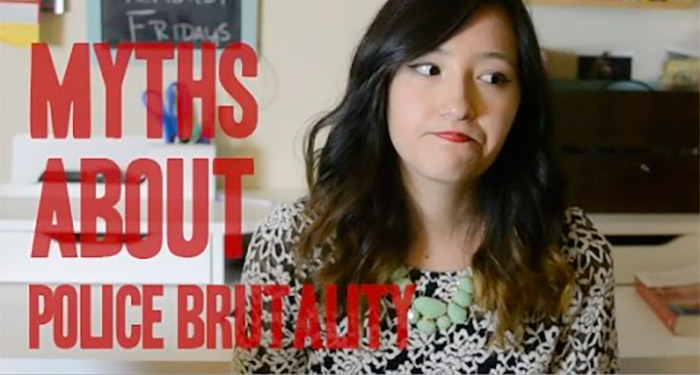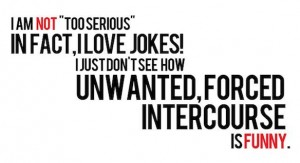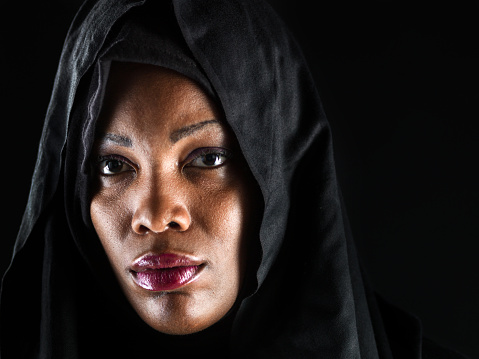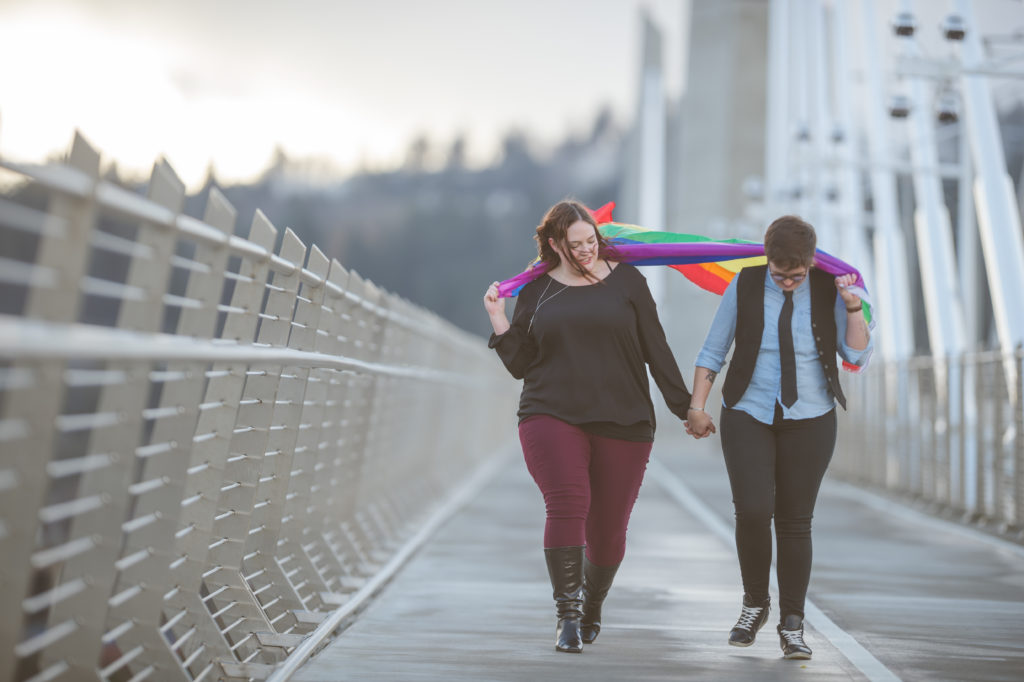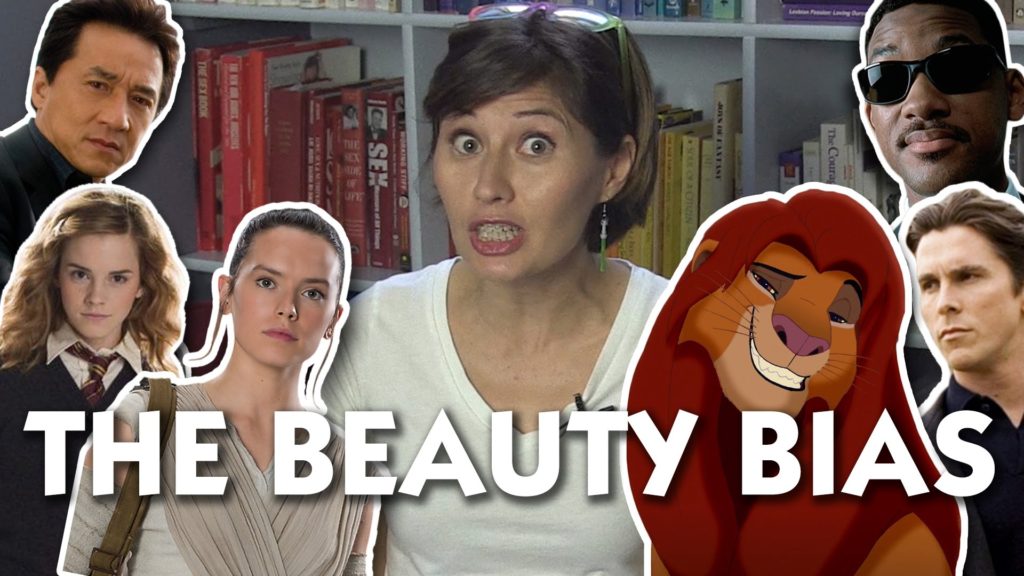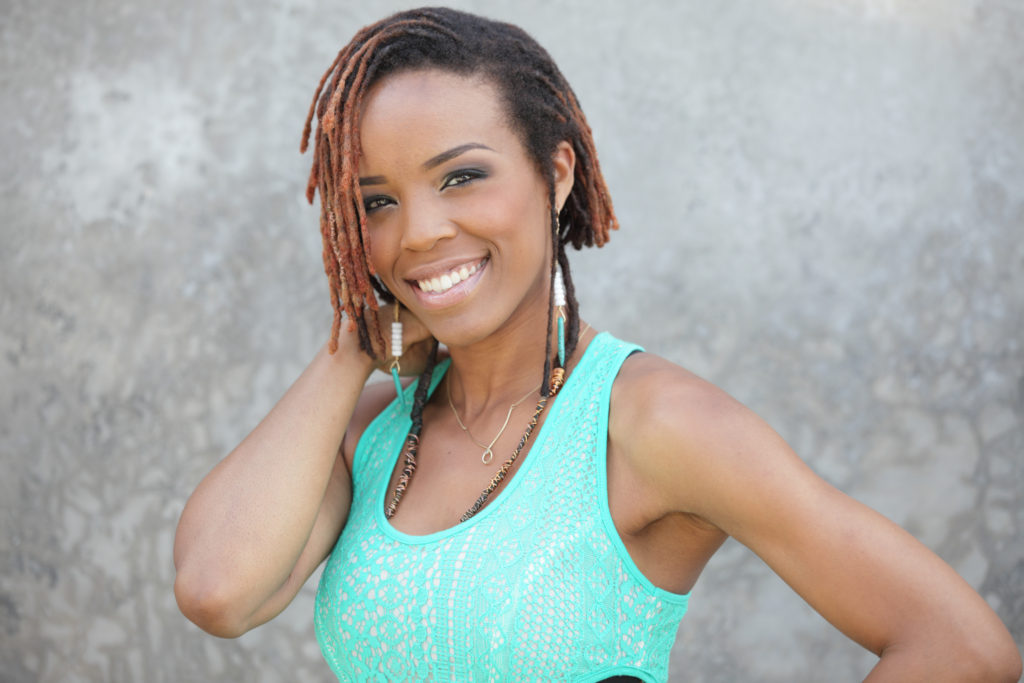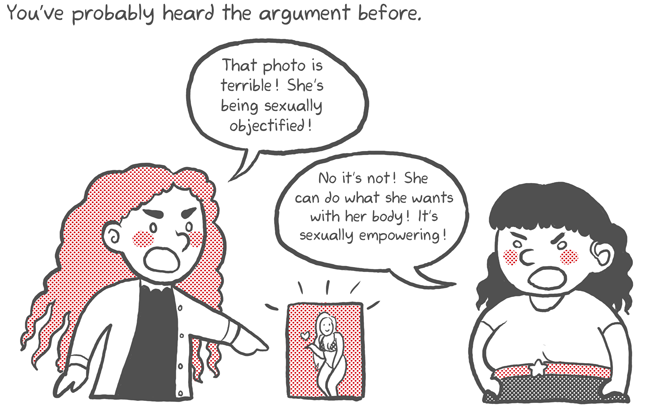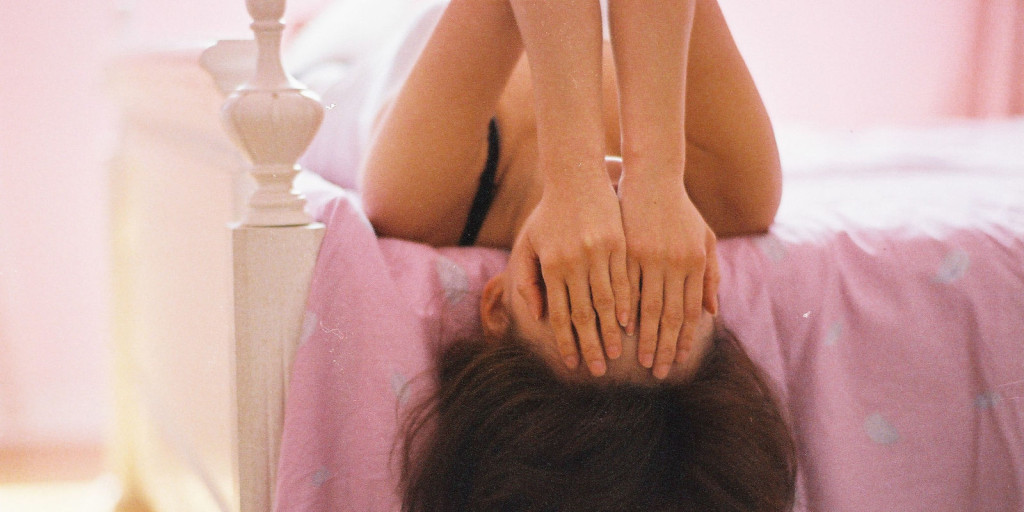Search results for: pregnant women
5 Transformative Justice Experts On What We Should Do With ‘Sexual Predators’ In Our Communities
There is no one way to do TJ — it looks different because communities are different, geography is different, violence is different
Read More3 Unethical Ways Medical and Nursing Students Are Taught to Do Pelvic Exams
Many people have had negative experiences with the gynecologist – but it doesn’t have to be this way. These harmful ways of learning pelvic exams are disturbing.
Read More4 Harmful Lies the Media Is Telling You About Androgyny
It’s great to get media representation of people outside the gender binary. But when all of it represents a narrow view of androgyny (looking like Ruby Rose), something’s missing. Here’s why it’s a problem.
Read More4 Reasons Never to Tell Your Daughters to Be ‘Ladylike’
Terms like “ladylike” are in line with equally absurd terms like “acting Black” that lump behavior onto a particular group of people in an effort to reinforce dominant society’s assertion of what is considered desirable and acceptable social protocol. So here are my four top reasons for steering clear of labels and social graces when it comes to my daughters.
Read More7 Need-to-Know Steps for How to Have the Best First Date (And Possible Relationship) Ever with Another Woman
You’re giddy with excitement for your first date with another woman! So don’t let narrow expectations of what relationships “should” be get you down. Take these tips on everything from what to wear to how to make a perfect plan. These are the keys to breaking down heteronormativity and building up meaningful relationships – full of respect and a whole lot of fun.
Read MoreThings I’ve Learned from Writing Under a Gender-Neutral Name
When someone wants to tear apart my writing, they often bring up my presumed gender to do so. My presumed femaleness is never mentioned with respect. They say, “Stop being so easily offended, b*tch.” Femaleness is used to discredit me in a way that maleness is not. When I’m presumed male, my maleness never comes up at all. Because maleness is our societal default setting, it’s never mentioned.
Read More3 Stereotypes About Asians That Prevent These Domestic Violence Survivors from Getting Help
We all know that racial stereotypes are bad, but do we really understand what the effects of these stereotypes are? Racial stereotypes impact everything from personal relationships, to economic success. And for Asians and Pacific Islanders, they stand in the way of domestic violence survivors and the help they need. Here are three examples.
Read MoreEating Disorder Recovery Advocacy Is Usually Fatphobic – Here Are 4 Ways to Start Fixing That
The campaign this author came up with sounds like a good idea – but once you realize how it feels to fat people, you’ll know why we all need to do better.
Read MoreSelfies and Misogyny: The Importance of Selfies as Self-Love
There’s no shortage of outcries from those who believe that selfies are the pinnacle of the passive narcissism and self-indulgence facilitated by social media. But we need to start teaching girls that confidence is not a sign of vanity, but a marker of healthy self perception and positive thinking. Break out your camera and start snapping. Embrace yourself.
Read MoreWhat You’re Really Saying When You Call Me a Bitch
How we signal our displeasure to someone matters, because it is in our attempts to cause harm that we reveal how we really feel about who they are. I take “bitch” more seriously than other insults because it attempts to use a piece of my identity – my femaleness – as a weapon. Reclamation projects aside, we all need to carefully consider when and why we take aim with a B-bomb.
Read MoreWhat’s in a Word? Navigating Language as an Activist
You don’t need me to tell you that words have meaning. So it should come as no surprise that the words we use as activists matter, too. The way we describe our movements, allies, and opponents are loaded with meaning, and it is our responsibility as feminists to be mindful of the ways in which we wield this power. So how can we use our words to make change?
Read More4 Myths About Police Brutality We Need To Stop Spreading Right Now
It’s happened again – a Black man, Walter Scott, gunned down by a police officer claiming self-defense. So we’re bound to have the same conversations again, asking: is police brutality about systemic racism or a few bad cops? Rather than going in circles with the same debates, we need to put some harmful, widely-believed myths to rest. Here’s the truth about police brutality.
Read More3 Steps To Healing A Strained Mother-Daughter Relationship
In our society, the child-father relationship is given more attention and revered. Consequently, when a mother-child relationship is damaged, adult children tend to cover-up and internalize the loss. So why is it important to foster positive relationships between daughters and mothers? And where do daughters begin to repair poor relationships with their mothers?
Read MoreThe Trouble With Rape Jokes And 3 Tips for Surviving Them
Rape jokes are just not funny. They can be traumatizing and anyone around you may be a survivor without you knowing it. To see why these jokes continue, we need to understand how sexual violence is made insignificant and normalized, the ways we contribute to rape culture, and how to address people who make them. And most importantly, we need to take care of ourselves when it happens.
Read MoreThe (Anti) Black Roots of Islamophobia in the US
Did you know the first Muslims in the US were Black? This shows why it’s dangerous for modern Americans to forget this history.
Read MoreComing Out As Queer Is Even More Complicated For A Fat Person
This article was originally published on The Establishment and republished here with the author’s permission. I came out as fat to myself about five years ago. I also came out as bisexual to myself around the same time. Both were gradual and mutual processes. “I think that there is a coming out process around being fat that…
Read MoreHow the Beauty Bias Makes Us Treat ‘Pretty’ People Better
Do you look anything like the people deemed “most beautiful” by magazines? Here’s how the beauty bias might be getting to you – and what to do about it.
Read More3 Radical Reasons I Won’t Apologize For My Black-Girl Hair
#2: “Hair is one of the litany of traits used to criminalize my children.” Here’s how society punishes Black hair – and the powerful resistance of this author’s response.
Read MoreHow Can You Tell if You’re Being Sexually Empowered or Objectified? Ask Yourself This Simple Question
There’s a long-standing debate in feminism about sexual empowerment: How do we know when someone is being sexually liberated versus being sexually objectified? This artist shows you one way to figure it out.
Read MoreHow Latina ‘Spicy and Sexy’ Stereotypes Hurt Asexual Latinas
You can probably think of more than a few reasons why the image of the hot, hypersexual Latina is a tired stereotype. Here’s an alarming one: that stereotype forces asexual Latinas to battle dangerous racialized and sexist messages that say their bodies are not their own. Read on for this stunning perspective that gives us more reason to put this myth to rest.
Read More

